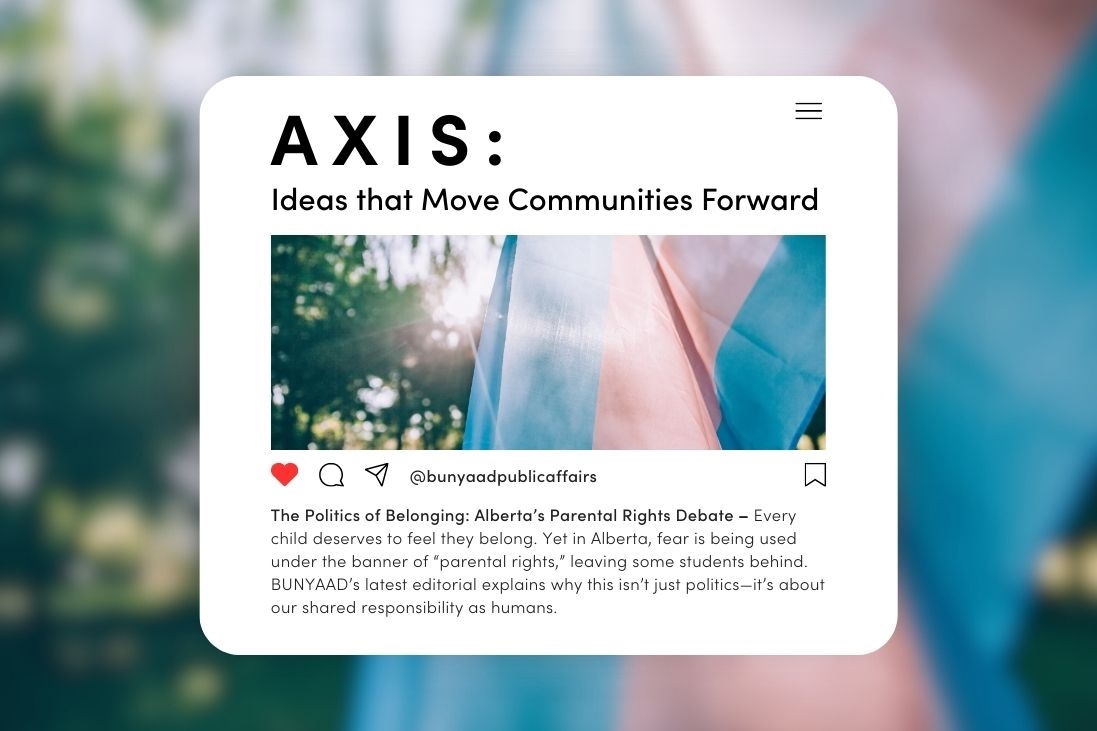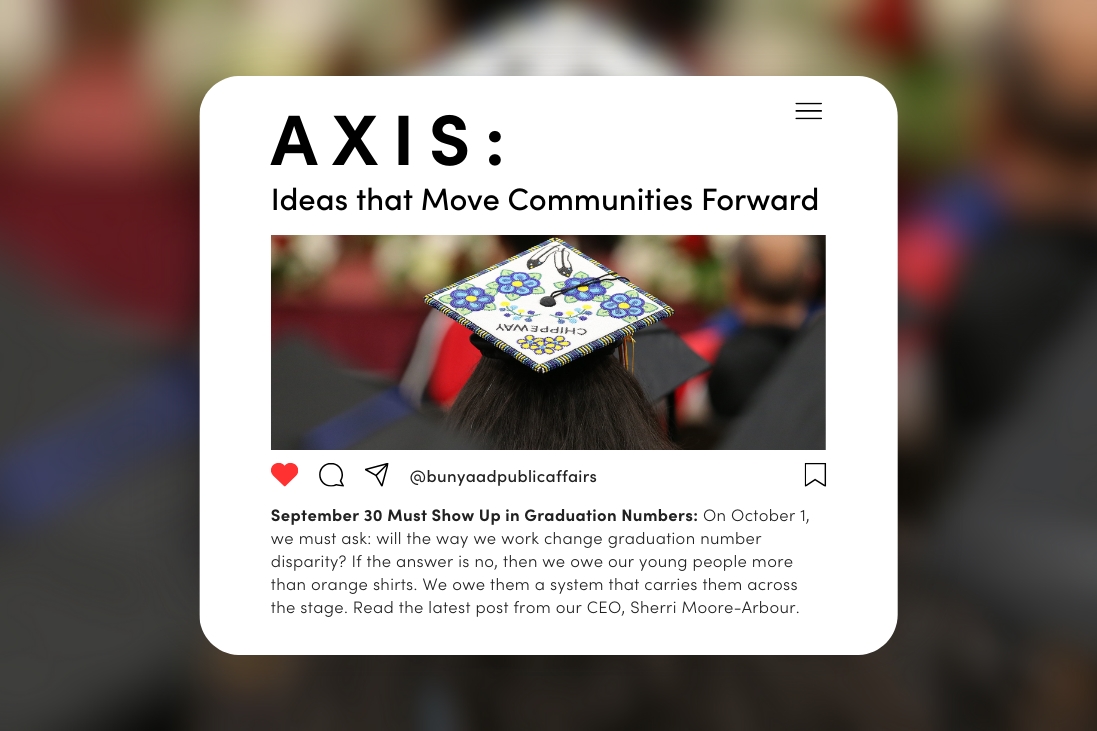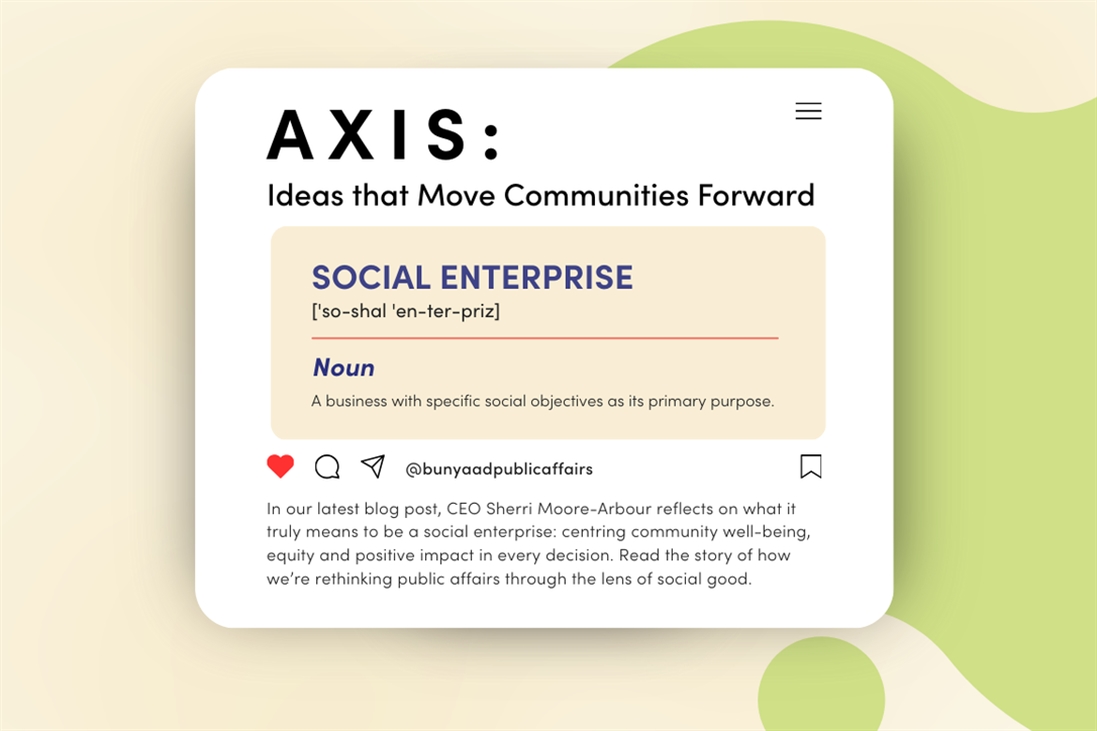 Back
Back- September 26, 2025
The Politics of Belonging: Alberta’s Parental Rights Debate
When “parental rights” become a political tool, students’ lives and identities hang in the balance
Every parent knows the moment: the first school drop-off, the quick hug, the long walk back to the car. I felt it the first day I dropped mine off with heart pounding, palms damp, aware that once they stepped inside, their lives were partially in other people’s hands. That unease is real.
But lately, I’ve watched that same unease being manipulated. Under the banner of “parental rights,” fear is being used as a political wedge. Policies framed as protecting families are often shaping who belongs in our schools and who doesn’t.
Children are not our private property. They belong to a wider public, and their wellness is our collective responsibility. Public education is where a society decides who counts, who belongs, and who is seen. Through schools, we are not merely producing graduates; we are shaping the generation that will inherit and redefine this country.
For several decades, I’ve worked in public affairs, education, and politics, watching systems take shape and policies ripple across classrooms and communities. From that vantage, the recent suggestion by Alberta Premier Danielle Smith to invoke the notwithstanding clause on transgender laws felt like a fracture in the very foundation I’ve spent my career trying to strengthen.
I think about the ripple of that fear: students who shrink in classrooms, teachers who hesitate, communities stitched together by shared effort now fraying under suspicion. I think about what it means to teach civics while showing some children they are less worthy of it.
Consider the young people who gathered to protest against the Alberta anti-trans legislature. Too young to vote, they marched anyway, driven by the knowledge that life-altering decisions were being made about them without their input.
What would change if they could vote? 63% of young people aged 13–24 agreed that lowering the voting age would make governments more responsive to their priorities. The habits of democracy: showing up, debating, compromising, are best learned while still in school, when civic life is vivid and peers provide accountability.
I don’t believe lowering the voting age is the whole answer. But I know this: fear should never be the architect of education policy. When we legislate from anxiety, we shrink the circle of belonging. We leave behind children whose identities challenge our comfort, families struggling to be seen and those who simply don’t fit the mold society has placed upon them.
The “parental rights” debate is loud, but the quiet truth beneath it is about belonging. Who gets to live fully in our schools? Who is left outside, silenced by fear, measured against someone else’s comfort?
We cannot leave this work to chance or hope that someone else will carry it forward. I implore friends, colleagues, and anyone who cares about the next generation to step into these conversations: do so actively, intentionally, with courage.
This isn’t about politics; it’s about seeing our shared humanity. It’s about making sure every child knows they belong, every day, in every classroom, in every policy that shapes their daily lives inside and outside of schools.
Step into the conversation. Start here, with me.
By Sherri Moore-Arbour
CEO, BUNYAAD Public Affairs
 Back
BackRecent Post
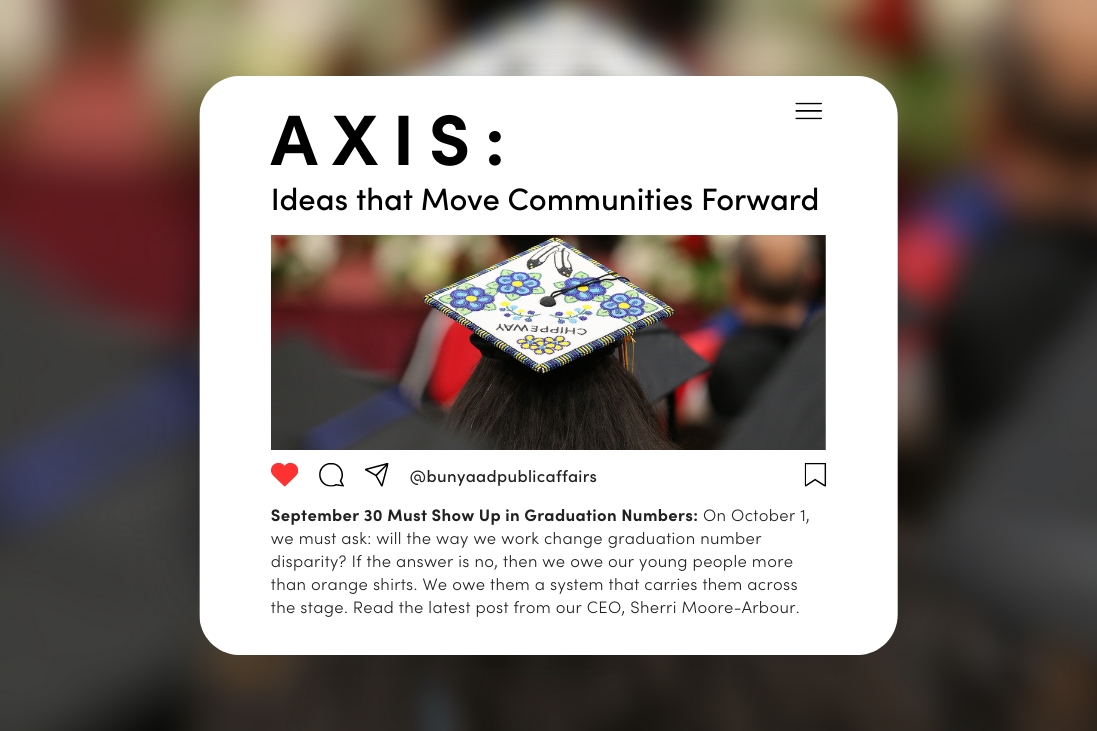
September 30 Must Show Up in Graduation Numbers
- September 29, 2025
On October 1, we must ask: will the way we work change graduation number disparity? If the answer is no, then we owe our young people more than orange shirts. We owe them a system that carries them across the stage. Read the latest post from our CEO, Sherri Moore-Arbour.
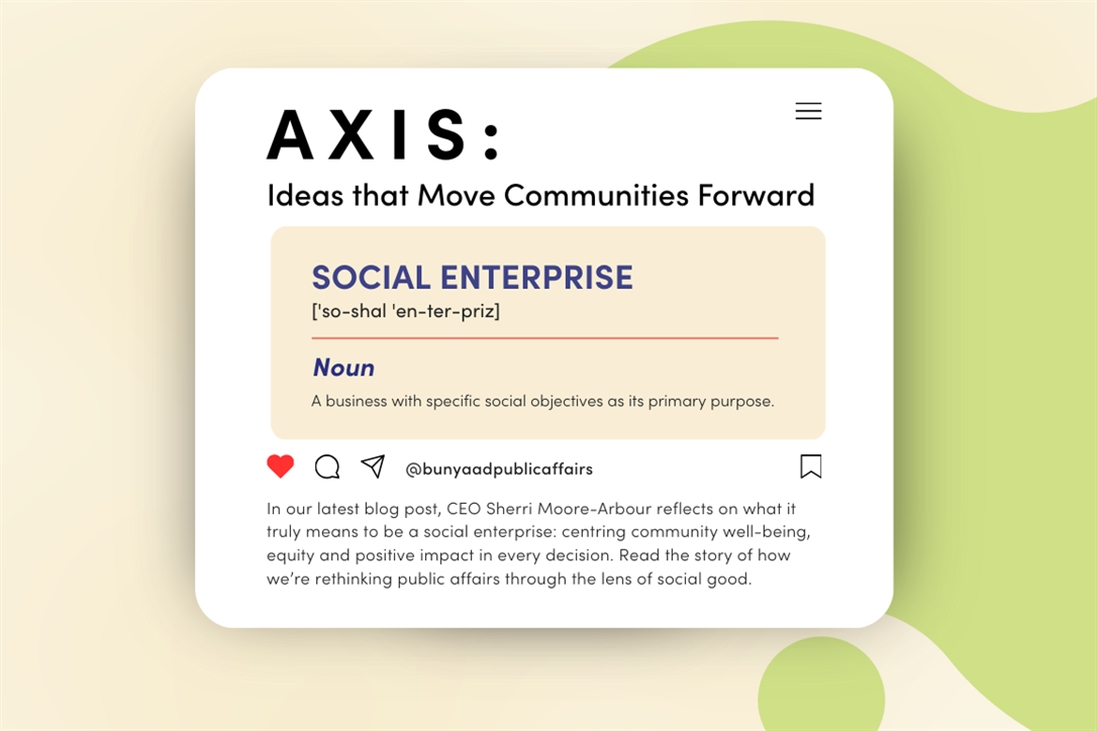
What it Means to be a Social Enterprise
- September 08, 2025
In our latest blog post, CEO Sherri Moore-Arbour reflects on what it truly means to be a social enterprise: centring community well-being, equity and positive impact in every decision. Read the story of how we’re rethinking public affairs through the lens of social good.
 Prev Post
Prev Post 

